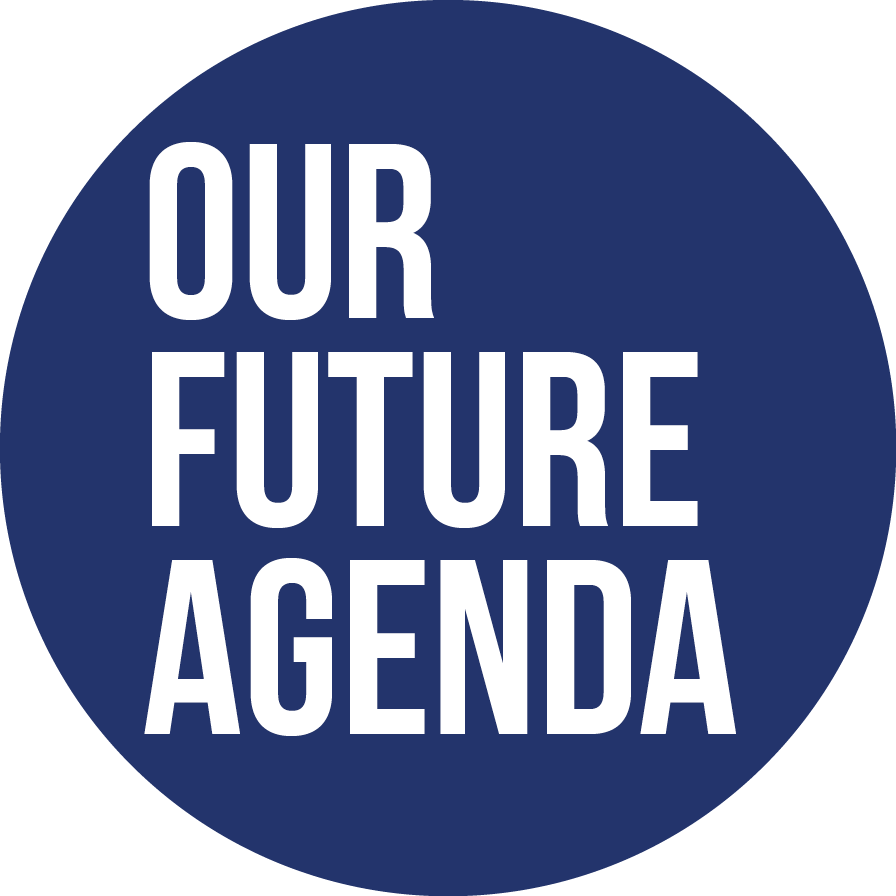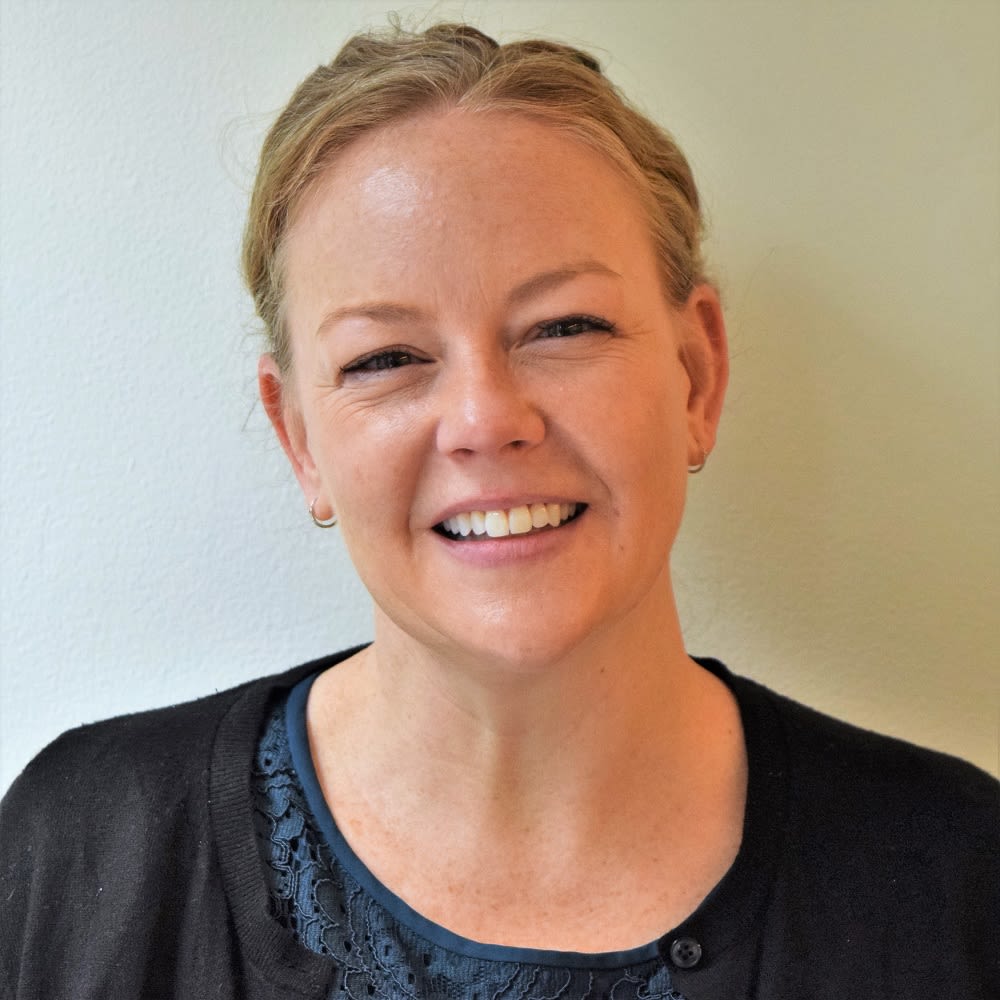
The Future We Choose
Building a Future of Work that Leaves No Young Person Behind

Slow progress on education and poverty reduction is costing young people their futures.
Champions from multiple generations share how we can change course together at the 2024 Summit of the Future.

By committing to the 2030 Sustainable Development Agenda, countries promised to provide education and decent work for all people worldwide. In 2024, our inability to keep these promises is leaving an entire generation behind.
Today’s young people – the largest youth generation in history – have grown up in a world of polycrises, absorbing more shocks to their environments and economies than many in recent history. Slow recoveries from the COVID-19 pandemic hit young people and young countries in Africa and Asia the hardest.
By 2100, the UN predicts that 9 out of 10 people worldwide will live in these same countries in Africa and Asia. Our solutions for youth poverty, unemployment, and underemployment will need to rapidly increase ambition and keep pace with this massive influx of young talent.
Quality education is one of the best ladders out of poverty, providing young learners with the tools they need to thrive and actively shape their futures. Yet 244 million young people remain out of school, unable to learn basic skills and reach their full potential.
333 million children live in extreme poverty, in countries where poverty progress is slowing and reversing for the first time in a generation. A staggering 40% of children in Sub-Saharan Africa living in extreme poverty which will profoundly impact future generations' well-being and prosperity in the region and beyond.
244 million young people
Remain out of school, unable to learn basic skills and reach their full potential.
333 million children
Live in extreme poverty, in countries where poverty progress is slowing and reversing for the first time in a generation
40% of children
In Sub-Saharan Africa are living in extreme poverty which will profoundly impact future generations' well-being and prosperity in the region and beyond.
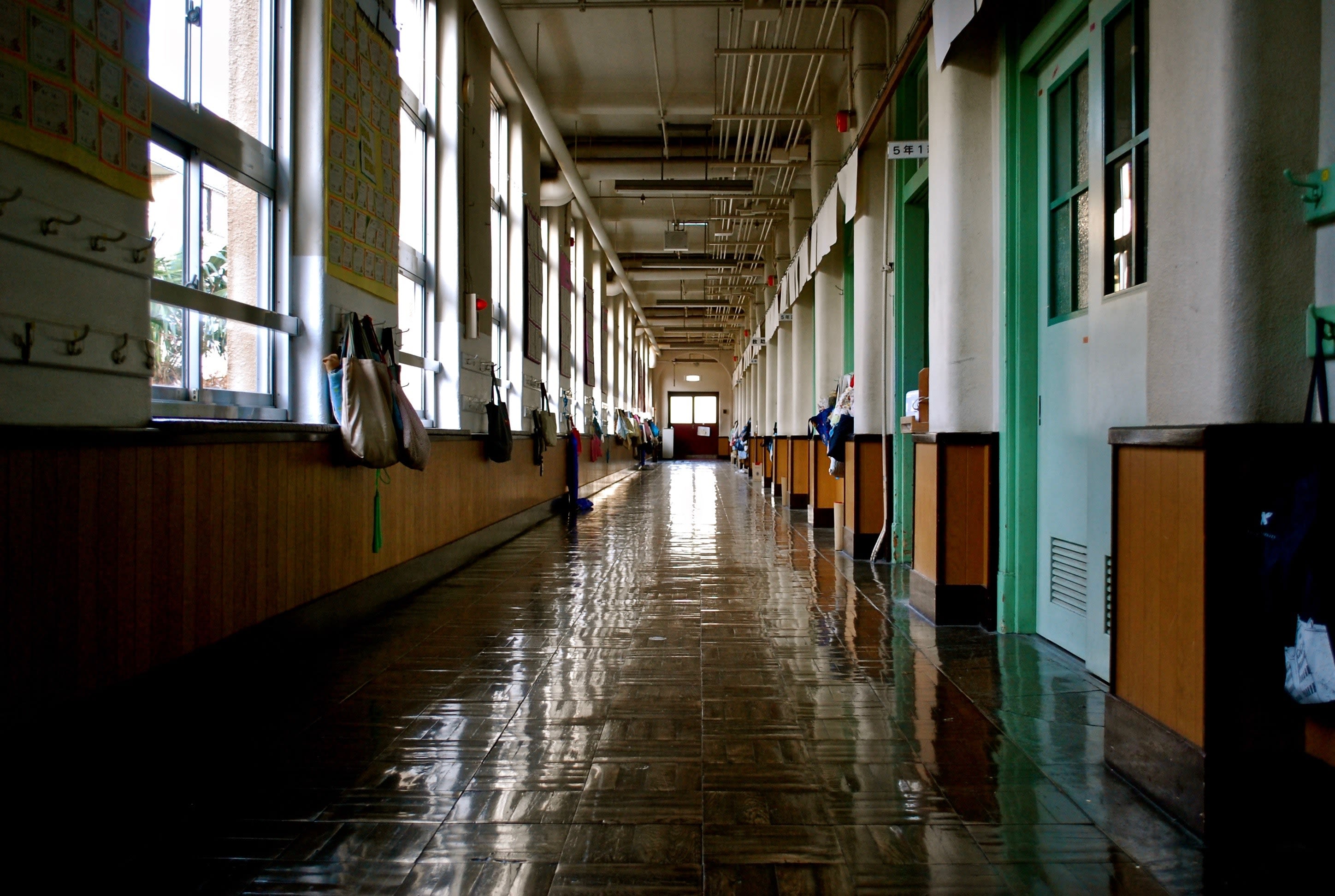
Frustrated by the lack of progress, young people are increasingly turning away from the institutions meant to deliver for them, and losing faith in their governments and democracies. This threatens economic growth and undermines social cohesion, deepening political and social tensions and, in some circumstances, driving instability and conflicts.
As we work towards SDG 1 on eradicating poverty and SDG 8 on decent work for all, we call on global leaders to make lasting and meaningful investments in the powerful solutions for young people that are at our fingertips today, for a fairer, more inclusive, and prosperous world tomorrow.
Investing in young people isn't just about reducing inequality, it benefits us all. When we invest in young people, especially adolescent girls and young women, and equip them with education, skills, and opportunities, we can help lift entire communities out of poverty.
Healthy, educated and confident young people are more resilient to crises. They’re better able to pass on skills and resources to their children, breaking the cycle of intergenerational poverty. They can contribute more to their economies, drive growth and prosperity, and become leaders and change-makers, helping achieve the United Nations' Sustainable Development Goals (SDGs). They're also better equipped to deal with global challenges like climate change, with greater awareness and knowledge to mitigate harmful practices and accelerate green transitions.
We have a real opportunity to refocus and accelerate action at the 2024 Summit of the Future, a moment when leaders will gather to create a new intergenerational ‘Pact for the Future’ that outlines how we will increase urgency and action to achieve all 17 goals. We have the chance to invent a future that is more equitable and resilient to crises, where everyone can enjoy the rewards of social and economic progress.
Making the Right Investments
Leaving no one behind is a global challenge that demands a comprehensive and laser-focused approach. By aligning our investments towards a few proven interventions and strategies to include young people at the margins, we can create a lasting positive impact for next and future generations.
Here is how we make this a reality in 2024...

1. Invest in Adaptive Skills
Companies no longer hire based on degrees, they hire based on skills. The stark reality that 65% of all children entering primary school today will eventually enter jobs that don’t yet exist demands nothing short of a transformative approach to skill development for all children, everywhere.
Programs that instill a love of learning and propel young people to practice curiosity, creativity, and entrepreneurship all throughout their lives can address this issue. Social and economic empowerment models can drive youth entrepreneurship, promoting learning by doing and problem-solving with diverse digital and physical tools. Amidst a shifting skills landscape, employers report that interpersonal communication, teamwork, and presentation abilities will remain critical for keeping a job once you get it. Here, community mentorship initiatives and safe spaces for out-of-school girls can play a vital role in ensuring they can acquire these skills. Once in the workplace, dual education programs that enable young workers to continuously upskill can ensure they don’t fall behind over their lifetimes.
The United Arab Emirates exemplifies this imperative through its Digital Skills Academy, a testament to the immense power of investing in digital literacy. To date, 10,000 young people have been trained in cloud computing, data analytics, and other digital skills through the Academy, with funding and support for youth start-ups to develop new digital products and services. Such initiatives lay the foundation for a future where young people are not just employees, but active creators of the digital economy.
Similarly, the SkillsFuture Initiative in Singapore is designed to equip Singaporeans with skills relevant to the future economy. The impact of this initiative is palpable, with over 500,000 Singaporeans who have utilized their SkillsFuture Credit for courses, enabling them to stay relevant in the rapidly evolving job market. This facilitates career growth and underscores the importance of lifelong learning.
The real game-changer, however, lies in placing young people at the forefront of decision-making. South Korea’s capital, Seoul, has transformed itself into a ‘City for Youth,’ reserving 10% of the city’s committee positions for young people and awarding them a budget to design youth-friendly policies and programs. These include a one-stop consulting service for assessing children's skills and future job aptitude, a neighborhood homework helpers program, and capacity-building initiatives to bridge the digital divide.
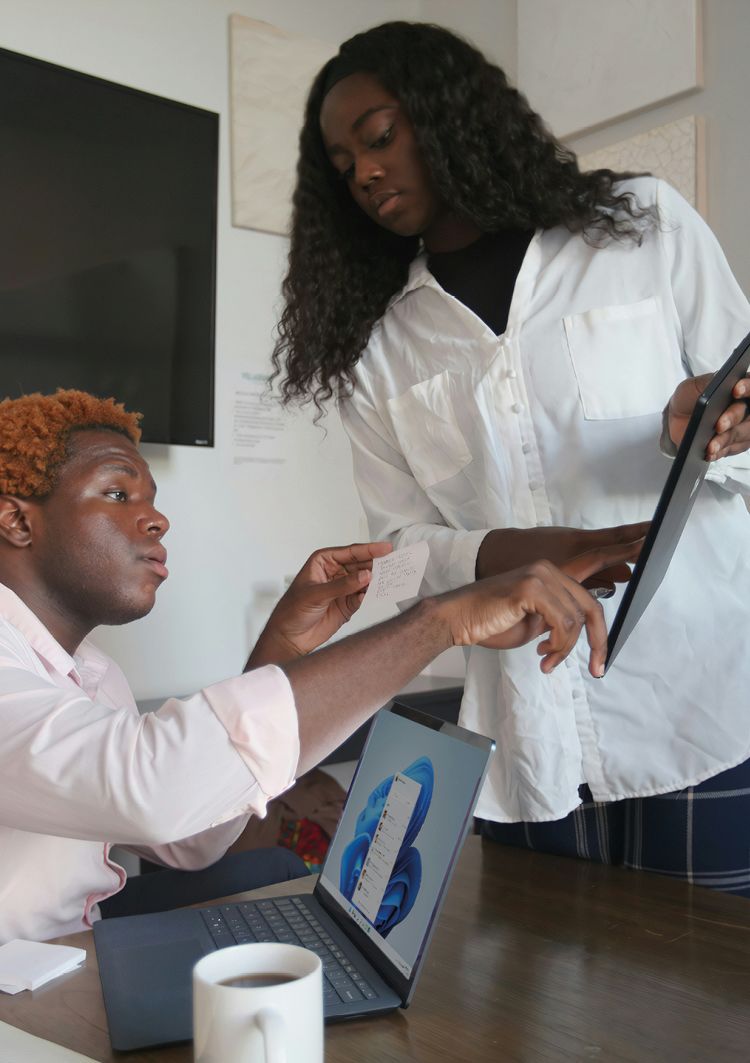
2. Foster Cohesion and Trust
Poverty is not only becoming concentrated among young people, but among people living in war and protracted conflicts around the world. An estimated two-thirds of all people in extreme poverty will live in fragile and conflict-affected states by 2030. This will have huge impacts particularly in Africa, where most people at this triple nexus of youth, fragility, and poverty will live.
Intergenerational cohesion and trust are vital for building resilient communities. When younger and older generations collaborate and understand each other, they are better equipped to handle crises and foster trust among different age groups. For example, in South Sudan, the Communities Rise (CoRise) initiative of the European Union and BRAC International has fostered community support for increased women's involvement in public life and economic activities, linking young female refugees to economic skills and markets and training men and boys as allies for more blended and equitable refugee-host communities.
In the state of Michigan, USA, the International Association for Indigenous Aging and the Michigan Public Health Institute initiated the 1,000 Grandmothers project to successfully reduce childhood deaths in indigenous communities by working with elder tribal members, particularly grandmothers, to provide mentoring and education for young tribal mothers.
Far from passive observers of conflict and disaster, young people can also be our most valuable assets to tackle urgent challenges impacting all of us. During the COVID-19 pandemic in India, a band of nearly one million young ‘Corona Warriors’ charged into action as community health workers to perform crucial roles of tracking illness, disseminating information, and caring for the quarantined.
Similarly, UNICEF’s U-Reporters are reshaping participatory governance in Africa, with young people using their smartphones to share their opinions and ideas on crucial matters directly through an app that governments can tune in to and use to shape policies. Millions of U-Reporters across 20 countries are now active participants in this innovative model of democratic engagement and intergenerational decision-making.
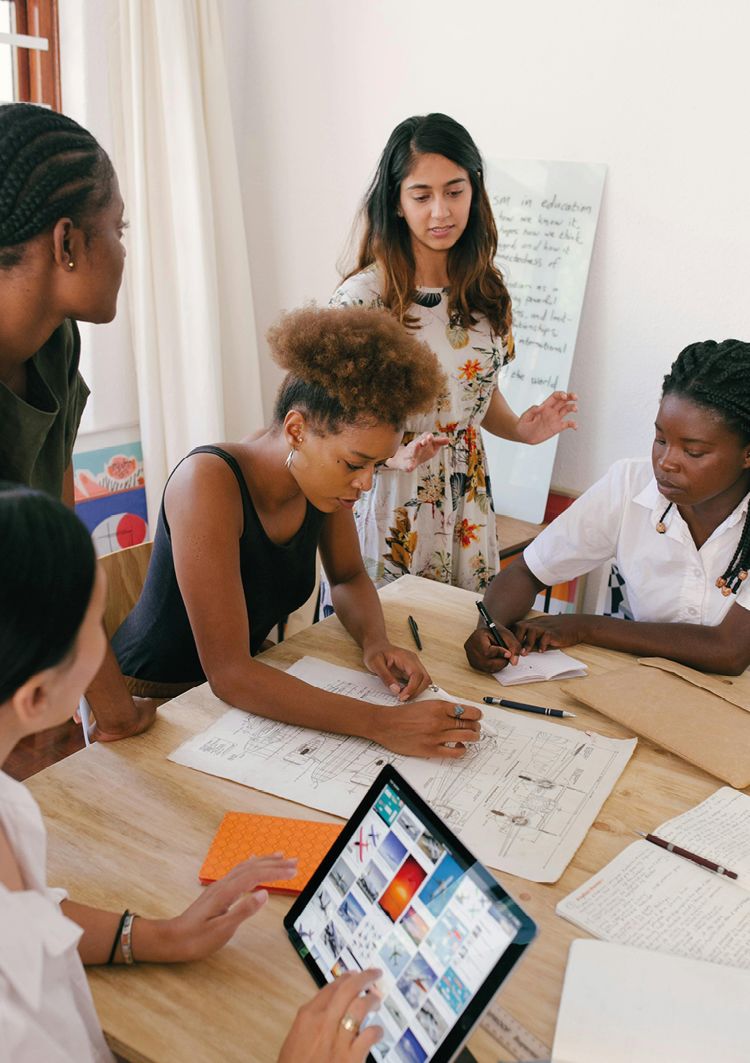
3. Promote Mental Health and Psychological Resilience
Crises like COVID-19 have shown us that our own well-being is deeply interconnected with the well-being of many other people around the world. Investing in young people’s mental health and coping mechanisms to deal with and rebound from shocks is essential for strong global societies capable of managing conflicts, natural disasters, and other crises that spill across borders.
This goes beyond traditional investment strategies, like policies promoting access to quality education, healthcare, and equal opportunities. It is about fostering a culture of respect and empathy where every young person feels valued and inspired to strive to achieve their full potential regardless of socioeconomic background. Updating our development frameworks for this requires a collective effort from all sectors of society, including governments, civil society organizations, businesses, and communities.
Kazakhstan has boldly taken the reins in the battle against the adolescent mental health crises. Once plagued with the world’s third-highest suicide rates, the nation launched a visionary program to train and engage young students to recognize warning signs and provide referrals to qualified counselors for their peers and classmates dealing with serious mental health issues. The program has been scaled to positively impact adolescents nationwide and drastically reduce suicide rates, through a unique approach that empowers young people to care for one another.
Another model to consider is the unique approach taken by Bhutan. Instead of focusing solely on economic progress, Bhutan considers the holistic well-being of its citizens through its Gross National Happiness Index. This Index considers various aspects like health, education, and environmental conservation. Between 2015 and 2022, there was a positive increase in their Index measurements. This progress was driven primarily by improvements in housing, income, schooling, services, and literacy but also by enhancing mental health – which increased despite the global pandemic.

4. Educate for Climate Action
Poverty forces communities to rely on unsustainable practices – for example, pumping water from the ground for daily basic needs like drinking water and cooking. However, rapid groundwater depletion in developing countries is draining natural streams, adding to sea level rise, and even tilting the earth on its very axis. By 2050, an estimated 42% – 79% of all groundwater pumping watersheds that people rely on will not be able to maintain healthy ecosystems.
Education is the number one predictor of climate-friendly awareness and action – something future generations will need to move towards sustainable practices and tackle the climate crisis. We need initiatives that recognize the power of young people in poverty to invent a better future, by providing them with climate-related skills and training.
For instance, the UN Food and Agriculture Organization is training hundreds of young people in Sierra Leone, Zimbabwe, and Timor-Leste to develop their plans for green agriculture, green energy, and waste management, targeting both rural and urban participants. Upon completion of the program, young people with the most promising proposals will have the opportunity to secure employment in both the public and private sectors. Insights gained from addressing emerging challenges and implementing best practices will contribute to the formulation of national strategies for rural youth employment and the transition to a green economy.
Grassroots initiatives can also empower young individuals in poverty by involving them in community-based sustainability projects – exemplified by the Weather Chasers Group in Malawi. This group has emerged as a dynamic force dedicated to environmental protection, organizing activities like waterway cleanups and tree-planting events. Furthermore, it has become an integral part of a broader civil society movement advocating for positive change, with the ability to influence government policy. Through hands-on experience, young people can develop practical skills while contributing to local environmental efforts.
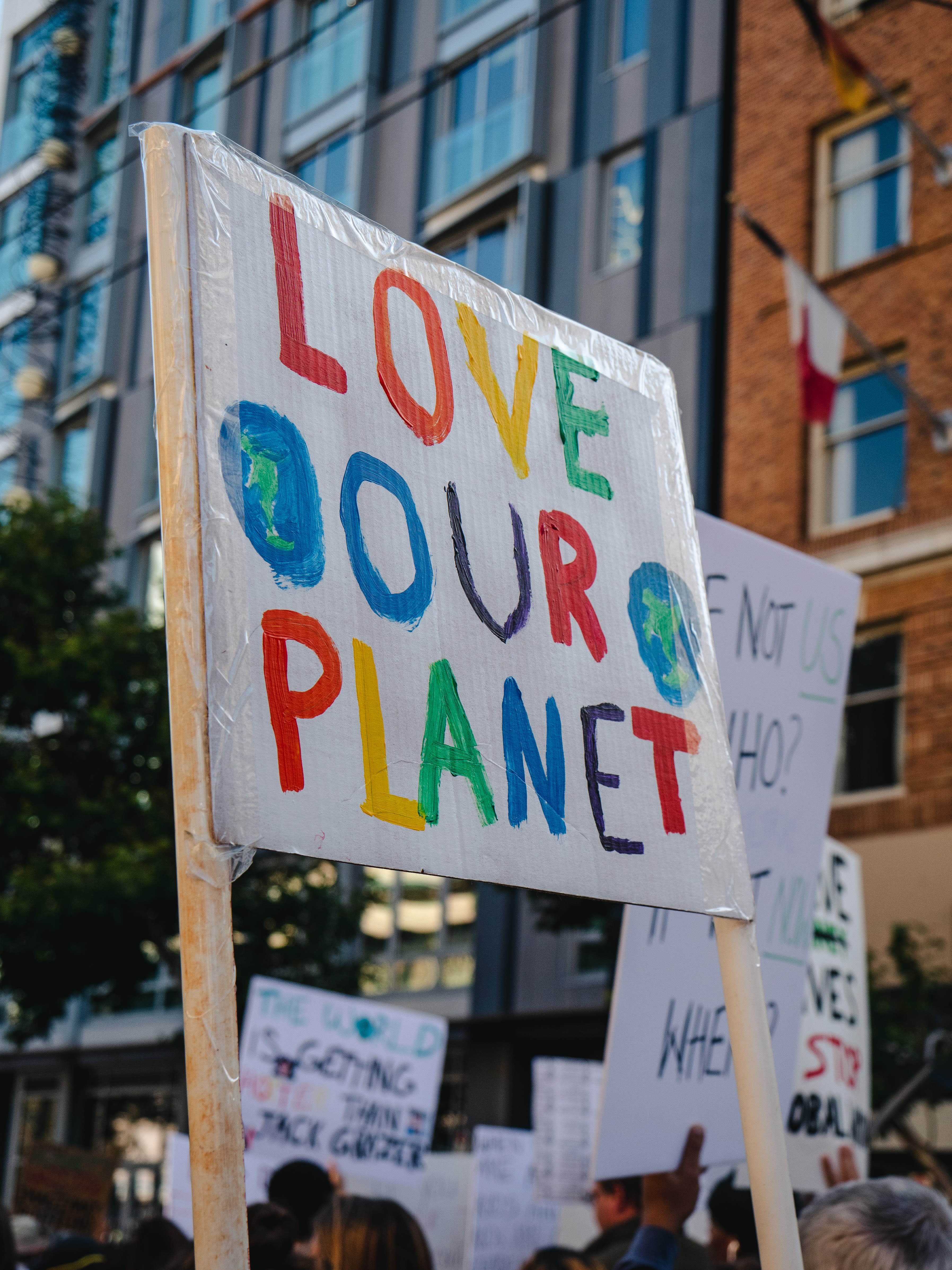
Transforming our Systems
Imagine the impact of scaling a few effective programs like these to reach all young people around the world – it would be nothing short of transformative. And it's possible for young generations now.
The Pact for the Future, a political declaration under development for the 2024 Summit of the Future, can be our roadmap for the systems transformations needed to deploy these solutions. It contains key chapters on youth and future generations, financing for sustainable development, and transforming global governance. To truly reflect young people and their priorities, the Pact can include these bold and urgent shifts that get progress back on course.


Shift 1: Connect our generation now
All of our young people must have the chance to be connected to the internet and learn the skills of the future together. With recent advancements and cost-effective technologies, this is no longer a distant dream – this could be achieved now. Connectivity means young people are supported to learn and explore their curiosities without limits, to translate their interests to new solutions, to be exposed to new ideas and share their own with the world, and to listen to a variety of opinions and forge practical solutions across differences.
It takes visionary thinking, and a refusal to accept that any child is too difficult to reach. UNICEF and the ITU have partnered to connect all schools in the world to the internet through the Giga project, using data to make investment cases for blended public-private finance to build the connectivity infrastructure needed to deploy digital learning solutions and other services.
With online access, large numbers of young people out of school and informally employed could propel a wave of global skill-building and entrepreneurship like nothing we’ve seen before. Thousands of young people have already completed short online programs to learn skills needed for future economies and received certifications developed by global universities, including Oxford University’s Oxbrite scholarship program. This is a scalable model that could propel many more to receive business and employment training services quickly. Online learning platforms that integrate artificial intelligence can also be harnessed to make learning accessible for all students, including those with disabilities.
We can build a robust global digital education system by combining programs we already have, to propel everyone forward together.
Shift 2: Fund transformation, not tinkering
When we scale up financing with young people and their futures in mind, our solutions immediately become transformative. For example, in Indonesia, fuel subsidy reforms helped create fiscal space to finance a massive expansion of poverty-targeted programs that reach 10 million poor households – almost one-third of the country’s poor – while also incentivizing climate-friendly transportation. Governments, NGOs, and private entities must prioritize these kinds of futuristic, win-win investments, understanding that they are not just expenses but investments in our shared future.
Scaling up public-private financing for young people is another massive opportunity we could leverage now. Simple and replicable formulas exist for governments and partners to act on, emphasizing principles of effectiveness, efficiency, transparency, and risk-sharing. For instance, Generation Unlimited’s model is changing the status quo, bringing an unprecedented number of private and public partners together at local levels to fund solutions to education and employment challenges facing young people. Working together on country investment agendas, partners collaborate to scale promising initiatives like public works programs for young people, modernizing digital learning, or expanding access to job market platforms.
Ensuring young people can take decisions over financing and have power at every level of development for their benefit is another exciting prospect. We must follow the lead of youth-led networks like The Spark Fund, a pooled fund investing in global organizations addressing issues such as inequality, climate change, and mental health. Youth panelists decide on funding allocation through a multilingual digital platform, promoting participatory grantmaking. Other networks like the Unlock the Future coalition are also stepping up to help unlock more sustainable global financing for young people’s social enterprises and initiatives directly, including by launching an intergenerational Funders’ Collective at the 2024 Summit of the Future.


Shift 3: Bolster innovation and entrepreneurship
For the millions who have missed receiving a decent childhood education yet still have decades of life ahead of them, entrepreneurship is one of the best pathways toward a better future. This is even more relevant in conflict-affected areas, where innovation can be a powerful tool for positive social change.
In Syria, UNFPA's Innovation Fund, provides essential skills and income-generating opportunities for Syrian youth to start businesses providing services across tech, education, and more. As these businesses flourish, they not only support the young entrepreneurs but also contribute to rebuilding communities devastated by conflict.
The Huguka Dukore Akazi Kanoze (HDAK) project in Rwanda focuses on enhancing skills and employment opportunities for vulnerable youth to rebuild from instability and conflict. This initiative offers vocational training in various sectors, preparing young people for jobs and promoting entrepreneurship. The project has shown positive impacts, with participants experiencing a 225% increase in earnings, improved business practices, and changed mindsets.
To further bolster these efforts, the integration of multi-faceted programs has proven immensely beneficial, particularly among young people who have missed out on childhood education. These programs, which blend business training with vocational training, financial support, and mentoring, show a larger impact on entrepreneurial outcomes for young people. They address the various challenges young entrepreneurs face, making these programs more effective in improving livelihoods. Comprehensive approaches like Graduation models specifically target very poor youth and non-youth, making subsistence entrepreneurship more feasible and contributing to the overall improvement of their well-being and living conditions. By offering a holistic framework that fosters entrepreneurship and innovation, these programs can play a pivotal role in building more inclusive and resilient communities, including in areas affected by climate change.
The Bottom Line

Imagine harnessing the untapped potential of all young people currently being left out around the world – young people living in monetary and learning poverty, in the midst of war and conflict, or without access to health services or disability accommodations. By aligning investment in a few areas with the most impact, we could engage them to harness their full capabilities right now, transforming not only their lives but also the lives of future generations. This is what is at stake this year at the Summit of the Future.
Internet access in every school can connect young people to the future skills and business opportunities they need to be adaptive and compete in changing economies. Investing in youth well-being and mental health initiatives can mobilize communities to be more inclusive and resilient. Turning informality and conflict into opportunities for innovation and entrepreneurship can help rebuild entire societies, with young people fully empowered as the leaders of today and tomorrow.
The 2024 Pact for the Future being developed by governments must reflect these evidence-based proposals whose time has now come. Acting with speed and scale, we can set our sights on 2030 and beyond to secure the well-being and prosperity of all people, across generations, both now and in the near future.
Remember – this isn't just an investment in our young people; it's an investment in our collective future. By empowering the next and future generations, we invest in a more prosperous and inclusive future for all.
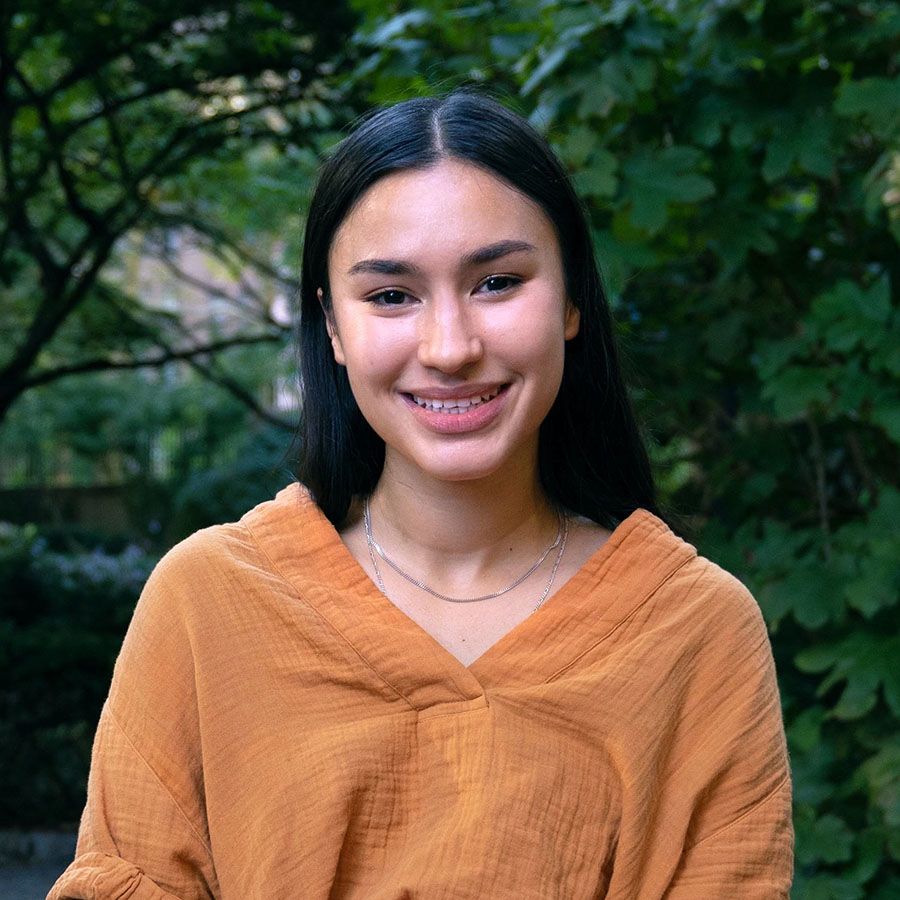
Saru Duckworth
United Nations Foundation Next Generation Fellow
Saru is a 25 year old Nepalese American researcher and development practitioner, passionate about maintaining a lens on the most marginalised and often left behind communities. She is an MPA in Development Practice candidate at the Columbia University School of International and Public Affairs (SIPA), with a focus on behavioral economics and poverty.
Previously, Saru spent five years working at the intersection of evidence and practice for women’s empowerment programs in multiple contexts across South and Southeast Asia. At BRAC, the largest Southern-led INGO, she worked with the Ultra-Poor Graduation Initiative and governments across Africa and Asia to scale up sustainable livelihood programs for women living in extreme poverty. She has received awards for her on-the-ground research in Myanmar and Nepal in the areas of multidimensional child vulnerability, gender and SRHR norms, and social inclusion, and was a US Department of State Fulbright Scholar.
Saru additionally worked on climate adaptation for communities on the frontlines of the climate crisis. Her research into child risk factors with UNICEF in Yangon, Myanmar, and later with Mercy Corps, explored the intersection of manmade and natural disasters and their impact on young people. She is also a dedicated community volunteer, receiving the US President’s Volunteer Service Award for her work managing a free food pantry for low-income students at her university.
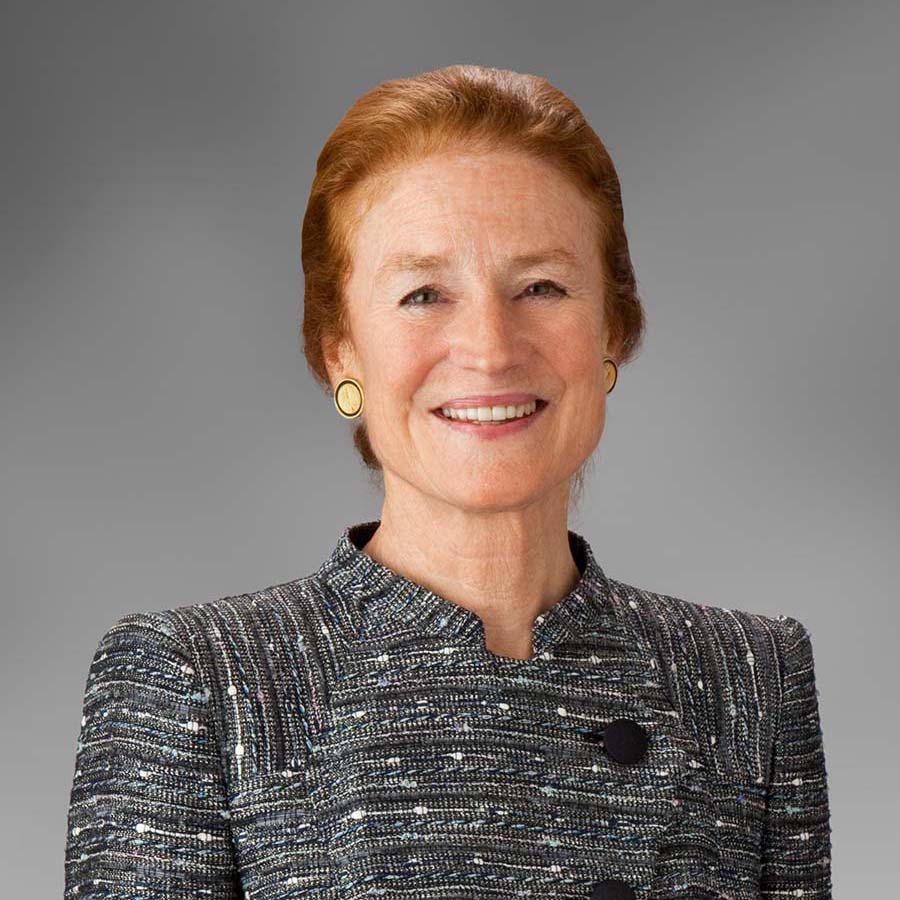
Hon. Henrietta Fore
Carnegie Distinguished Fellow at the Columbia Institute of Global Politics & former Executive Director of UNICEF
Henrietta H. Fore has worked to champion economic development, education and health, nutrition, water and energy infrastructure, in both humanitarian and disaster assistance and long-term development in all countries in the world. She has served in both public and private sectors. Most recently, she served as global Executive Director of the United Nations Children’s Fund (UNICEF) from 2018 to 2022. Programs include the world’s largest procurement and delivery of childhood and COVID vaccines and connecting every school and learner to distance learning and the internet.
Prior to UNICEF, she served as Chairman of the Board and Chief Executive Officer of Holsman International, a manufacturing and investment company. She also served as the first woman Administrator in the U.S. Agency for International Development (USAID); Director of United States Foreign Assistance and Under Secretary of State for Management in the U.S. Department of State; and Director of the United States Mint in the U.S. Department of Treasury.
In 2022, Ms. Fore joined the Boards of Imperative Care, a biotechnology company focused on strokes; EQT Future, an impact driven private capital fund; Global Preparedness Monitoring Board, for global heath crises; the Center for Strategic and International Studies, and her private companies in manufacturing, agriculture, and a growth impact fund. In 2023, Ms. Fore joined the Boards of Kent Global Leadership Program on Conflict Resolution, Concordia Leadership Council and GESDA – Geneva Science and Diplomacy Anticipator Foundation.
Previously, Ms. Fore served on corporate boards and nonprofit boards including Asia Society, Aspen Institute, Middle East Investment Initiative and Women Corporate Directors.

This (publication) was made possible (in part) by a grant from Carnegie Corporation of New York. The statements made and views expressed are solely the responsibility of the authors.

